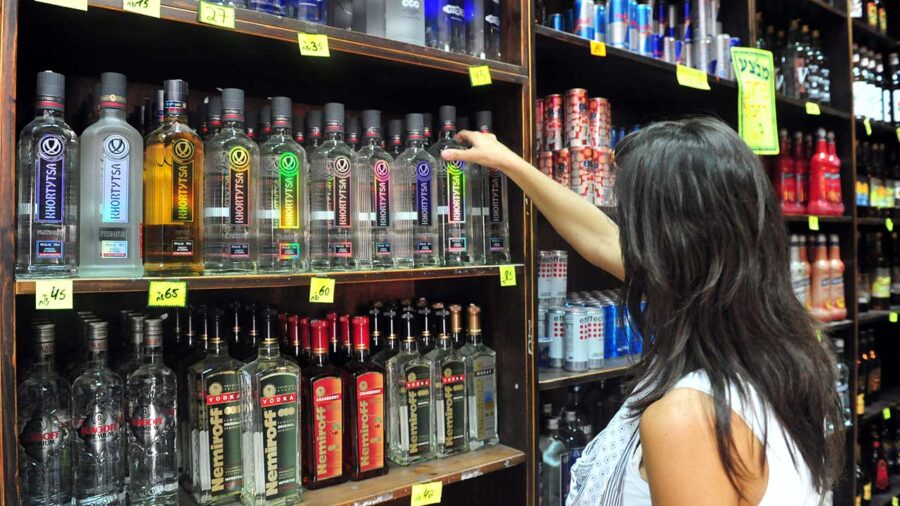Opening a liquor store requires a clear financial plan. Expenses start with licensing and permits, which vary greatly depending on state and local regulations. Lease or property purchase costs also play a major role, with prime retail spaces demanding higher investment. On top of that, owners must consider shelving, refrigeration, security systems, and a point-of-sale platform to ensure efficient operations. Initial inventory alone can run into the tens of thousands, and when combined with marketing, staffing, and insurance, total startup costs can be significant. Careful planning and strong access to capital are critical to launching successfully.

Liquor Store Business Financing
Understanding Startup Costs
Financing Options Available
The path to securing the right funds often includes both conventional loans and SBA loan programs. These financing solutions can cover real estate, working capital, equipment, or even debt consolidation. SBA loans, in particular, provide flexible terms and lower down payment requirements, making them attractive for new or expanding business owners. Traditional commercial loans can also support liquor store owners looking for stability with predictable repayment structures. By tailoring financing to specific needs, businesses can avoid unnecessary strain and position themselves for steady growth.
Supporting Liquor Store Operations
After launch, ongoing cash flow management is vital. Working capital financing can ensure there is enough liquidity for payroll, seasonal inventory spikes, and unexpected costs. Equipment financing helps owners upgrade refrigeration units, expand shelving capacity, or enhance security systems without tying up cash reserves. Lines of credit are another valuable tool, offering flexibility to manage short-term expenses or seize new opportunities as they arise. Effective liquor store business financing provides owners with confidence to focus on customers rather than financial stress.
Building for Long-Term Growth
Beyond daily operations, financing plays a role in long-term expansion. Some owners choose to acquire additional locations or invest in commercial real estate to secure long-term stability. Others may diversify product offerings, requiring larger inventories and more sophisticated systems. Well-structured financing ensures that these growth steps are possible without sacrificing financial health. With the right foundation, liquor store owners can expand strategically, strengthen brand presence, and thrive in competitive markets through every stage of business development.



